When digging for samples, it’s easy to fall into the trap of working with the same re-cycled digital libraries floating around the internet, yet there are thousands of records that have been long forgotten and can not be found digitally. Today Tiann discusses why producers and DJs should start sampling vinyl and tips for guiding their search.
What Is Sampling?
Sampling is when producers or DJs take a portion, or “sample”, of one sound recording (or several) and reuse it as an instrument or a loop in a different song. Producers may capture a loop and alter the pitch (Wu Tang and early Kanye West productions were famous for this) or they may chop up the loop and record a new arrangement.
There are nearly endless ways that samples can be manipulated, to the point where the original source becomes unrecognizable. Samples can be used as supporting elements of a song or they can be the foundation for the entire track. The easiest way to understand how sampling can be used is by listening to examples.
Where To Start?
For producers that are new to sampling it can be difficult to know where to start digging so it helps to have some guidance to narrow the search. A great way to begin the search is by looking at samples that are used in some of your favorite tracks. Whosampled.com is perfect for this. It will let you search and listen to your favorite tracks then show you all the samples that are used in the track and the time when you can hear them in the sampled track.
When looking at hip hop tracks it’s common to see a lot of old Soul artists being sampled. With this in mind, a hip hop producer’s search may begin in the Soul or R&B section of the record shop. This is merely a guideline to get started and not a hard rule so don’t limit yourself to a specific genre or section of the record store. It’s also important to remember the whole point of digging in a record shop, to find rare and unique samples! So avoid buying records that have been sampled multiple times or that are available online. If you’ve never heard of the artist and a search on iTunes or Amazon turns up no results, you’re on the right track.
Remember to have fun thinking of ways you can push the boundaries when sample shopping. Any sample can be creatively altered, cut down, faded, and distorted to make the sound unique. Remember to be patient. Digging through vinyl takes time and not every trip will result in a crate full of gems.
What Sounds Do You Want?
When you enter the record store it can help to have an idea of what sounds you are looking for. Are you looking for drums, breaks, or specific instruments? What you’re searching for depends on what genre you associate your music with.
For example, Euro Dance records from the 80s contain plenty of samples great for House music. The tracks usually contain vintage Roland keyboards, classic synthesizers, and Lo-Fi drum pads. Another example where you can find good unique samples are classic tribal tracks or 90s tribal house.
Tribal beats have very simple straight to the point sounds, so these types of samples will find great homes on minimalistic tracks. Lastly don’t forget classic funk records for sampling some old-school groove lines, bass and percussion samples. You will find that most samples from classic funk tracks can fit in multiple genres. Another great source for samples are classic Orchestra records for strings samples that can be altered for genres like Trance.
Remember that you can be as creative as you like, so when you find a sound you really like play around with it before thinking it might not fit. Adjust the pitch control up or down to get a feel for the sample at different pitches and speeds.
What Tools Do You Need?
First thing is to locate a local record store in your community. If you don’t live by one, it’s very easy to access record stores online. Buy a few records that have some components that stick out to you. These are the ingredients of a track, and they will be listed on the back of most record covers. Always have fun, and try sounds you never listened to before.
Next thing you will need is a turntable to work with. Most record stores will sell turntables as well, so pick one up if you don’t own one. In order to record the turntable into music software, most people will use an external audio interface. Make sure in the description of the interface it has a “phono-preamp” built in. If you have an audio interface already that does not include one you can always purchase a phono preamp separately. For Serato and Traktor DJs that use DVS, both Rane and Traktor (Audio 6, Audio 10) soundcards have phono inputs, so there’s no need to purchase another audio interface.
Once everything is connected, you can go into your production software and select the audio interface in the input settings. If the soundcard has multiple inputs then the track will need to be assigned to that input that the turntable is connected to. Put the needle on the record and it should now be playing back through your software. Now hit record and capture the parts you would like to sample. From here the manipulation possibilities are endless. Reverse it, chop it up, pitch it down, pitch it up, it’s all up to you.
Stand Apart From The Rest
Sampling is a tool that any artist looking to explore new grounds with their production should highly consider. Think about how many people might have purchased the same music software as you. Though each DAW is different and ships with it’s own library of core samples, it’s time to think about bringing other sources to the table to compliment them. With that being said, getting unique samples from a record shop makes the margin between you and the rest bigger.
The last thing to consider is the fact that each record store has its own style. So the record selection in your shop will be completely different from someone else’s in a different city. Rest assured that your tracks will sound extremely unique in no time.

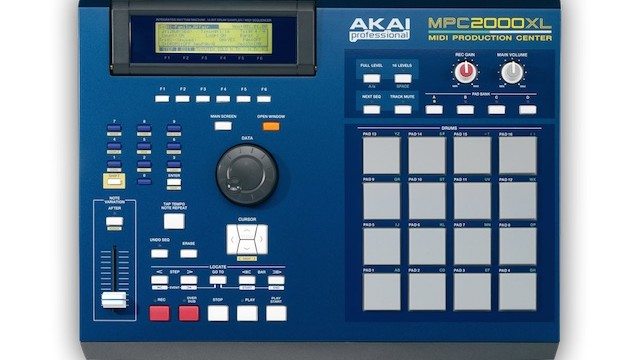
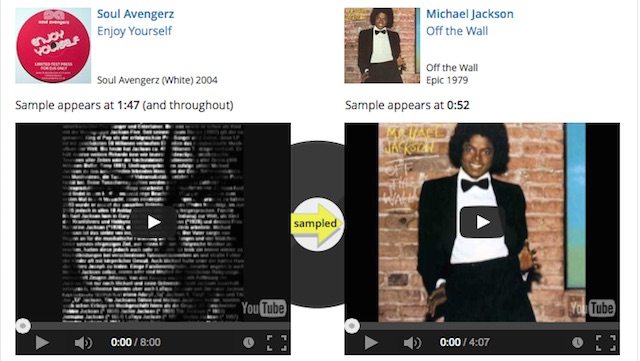
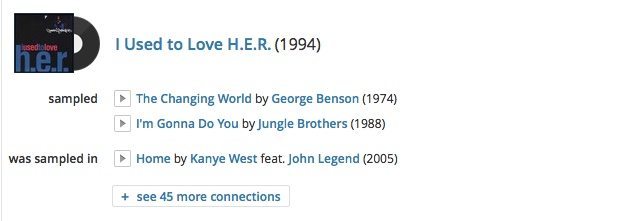
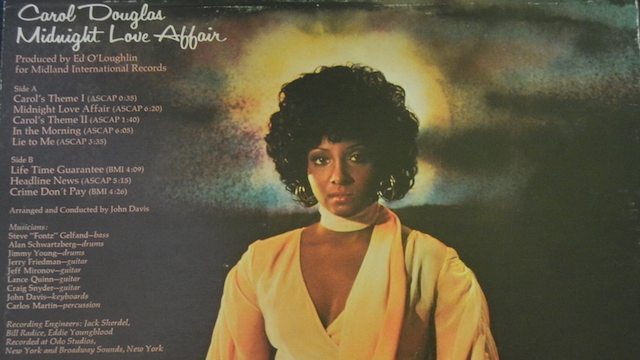
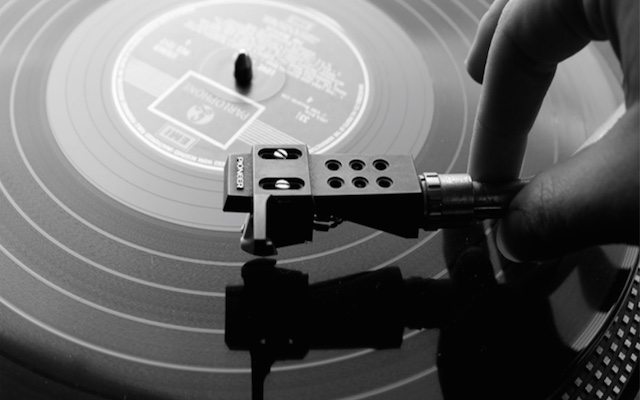
Geen opmerkingen:
Een reactie posten